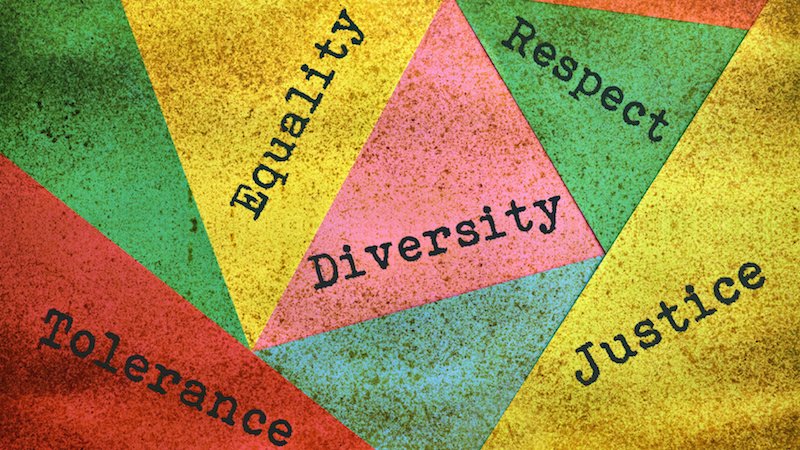Change in barristers’ duty contemplated

A new proposal by the barrister’s regulator, the BSB, could see all barristers placed under a positive duty to “act in a way that advances equality, diversity and inclusion”.
The rule change, if implemented, would see the existing duty to “not discriminate unlawfully against any person” scrapped and a higher standard imposed on the self-employed profession.
The new idea has been proposed by the BSB as part of an open consultation running into November. Despite the document only being published for a matter of days, however, the Bar Council has already made known its concerns, promising to “scrutinise the consultation carefully”.
The consultation reads:
“The current core duty requires barristers not to ‘discriminate unlawfully’. However, in order to achieve the culture change needed, we believe the duty needs to go further.”
“We believe it should be a core expectation of all practising barristers that they demonstrate an appropriate commitment, through their practice, to equality, diversity and inclusion. This will form the basis of our future regulatory action in this area and will be central to achieving behaviour and culture change across the profession.”
Beyond creating a new duty on barristers, the consultation document proposes new “set clear outcomes” that the regulator expects barristers to “take reasonable steps to promote”.
These include eliminating unlawful discrimination and advancing equality of opportunities in recruitment, retention, and progression, preventing bullying, harassment, and victimisation, ensuring equal access to their services, and promoting an inclusive culture.
Commenting on the proposal, Sam Townend KC, Chair of the Bar Council, said: “The Bar Council is deeply committed to supporting and improving equality, diversity and inclusion at the Bar. While much progress has been made — thanks to the work of individuals, chambers, Inns, specialist bar associations and others — there is clearly much more to be done.”
“Providing an effective regulatory framework on EDI is essential”, Townend continued, emphasising that “any regulations must be evidence-based and provide clarity to barristers and chambers.”
Making clear his concern, however, the silk noted that “radical change is certainly disruptive and may have unintended detrimental consequences.”
The Bar Council has not been shy about its disapproval of outcome-based regulation in the past, stating earlier this year that it has “significant challenges”.
Indeed, the representative body has previously said: “Self-employed barristers in chambers tend to have limited time. Any system of regulation needs to be as clear and easy to follow as possible. Outcomes without clear rules or processes are ambiguous and lead to uncertainty as well as being perceived as difficult to comply with.”



